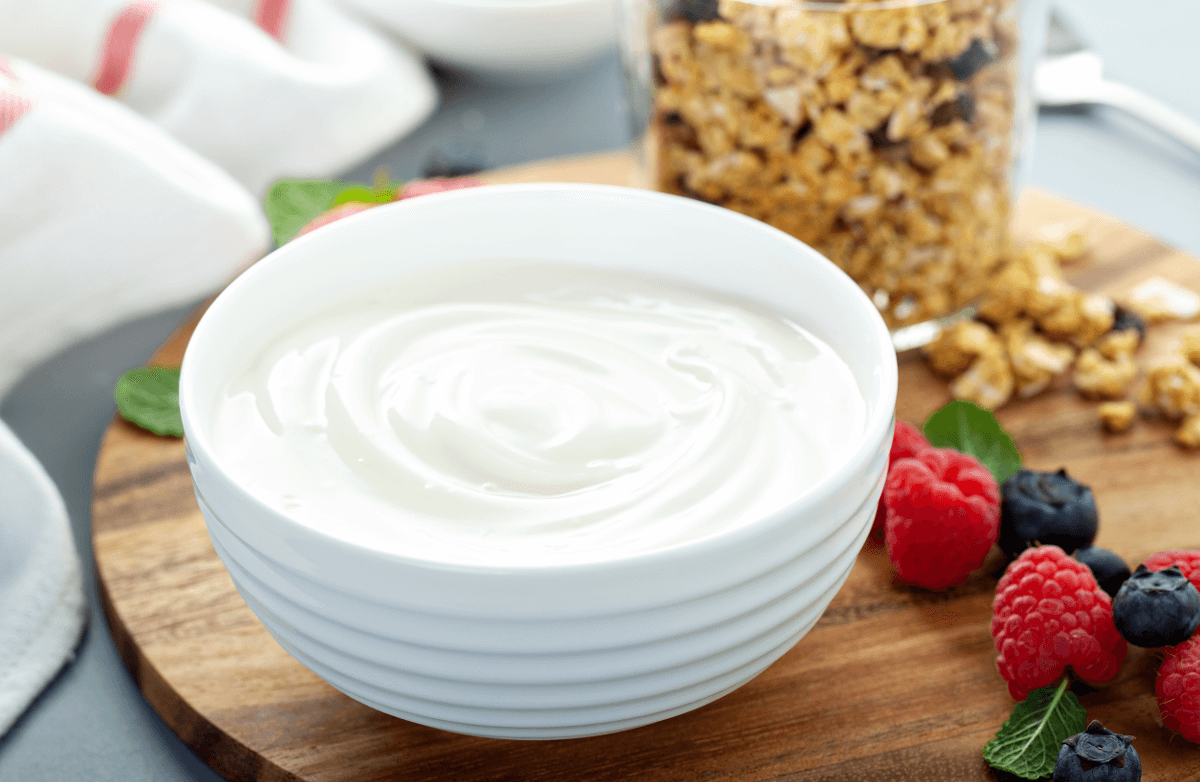|
You wear contacts daily, your iPad is practically glued to your lap and a little marmalade on your toast sounds like a sweet breakfast move, but these seemingly innocent everyday habits (to which you barely give a second thought) can affect your health in a big way. Luckily, little tweaks to these routines can keep you safe and well all year long. Here, 10 to try. 1. Use Your Contacts Properly Popping ‘em in isn’t as foolproof as you think: 99% of contact wearers are making at least one mistake that could harm their eyesight, found a study in Optometry & Vision Science. One of the most common flubs? Showering with contacts. Water exposure can increase your risk of corneal infections, a rare condition that can lead to vision loss. To keep eyes in tip-top shape, don’t swim, shower or sleep in lenses (which dries out and irritates eyes) and prevent infections by replacing lenses according to the instructions, using fresh contact solution every time. 2. Reposition Your Tablet Oh, your aching neck! Blame your iPad: Recent research published in IOS Press revealed that using a tablet causes muscle strain in the neck and shoulders, says study author Jack Dennerlein, PhD, a professor at the Harvard School of Public Health in Boston. The biggest no-no? Keeping your tablet on your lap, which forces you to gaze down for long periods of time, painfully pulling on neck muscles. To keep comfortable, change positions often, rest tablets on a table or counter and put tablets in a case that can stand up on its own, since holding devices puts pressure on hands and forearms. 3. Be Careful with Casseroles Reports of glass baking dishes suddenly shattering after cooking are on the rise, according to an investigation by Consumer Reports. Some cookware, like Pyrex, may now be made from soda lime silicate, a glass more vulnerable to exploding from temperature swings (like going from oven to countertop) than the previously predominant glass borosilicate, according to researchers at the University of Alabama at Tuscaloosa. Since it's tough to know exactly what your dish is made from, home cooks should follow the advice on the Pyrex warning label: Allow the oven to preheat fully before placing bakeware in it, add liquid to the dish before cooking and place hot glass bakeware on a dry cloth (not directly on top of the stove). 4. Consider New Pillowcases Dust mites are one of the biggest triggers for allergy and asthma symptoms. One of their favorite hideaways: your bedding—especially pillows. For people prone to allergies, the American College of Allergy, Asthma and Immunology recommends using special zip-up pillowcases. But these are often made with vinyl, which contain VOCs (volatile organic compounds) that may disrupt hormones and cause other problems, according to a 2012 study in Environmental Health Perspectives. So get allergy-blocking cases that are vinyl-free and made of natural fibers like cotton. Click here for more health tips from Woman's Day. More from Woman's Day: How do you keep yourself healthy? What is your best health tip? |
Related Entries
More From SparkPeople
|






















